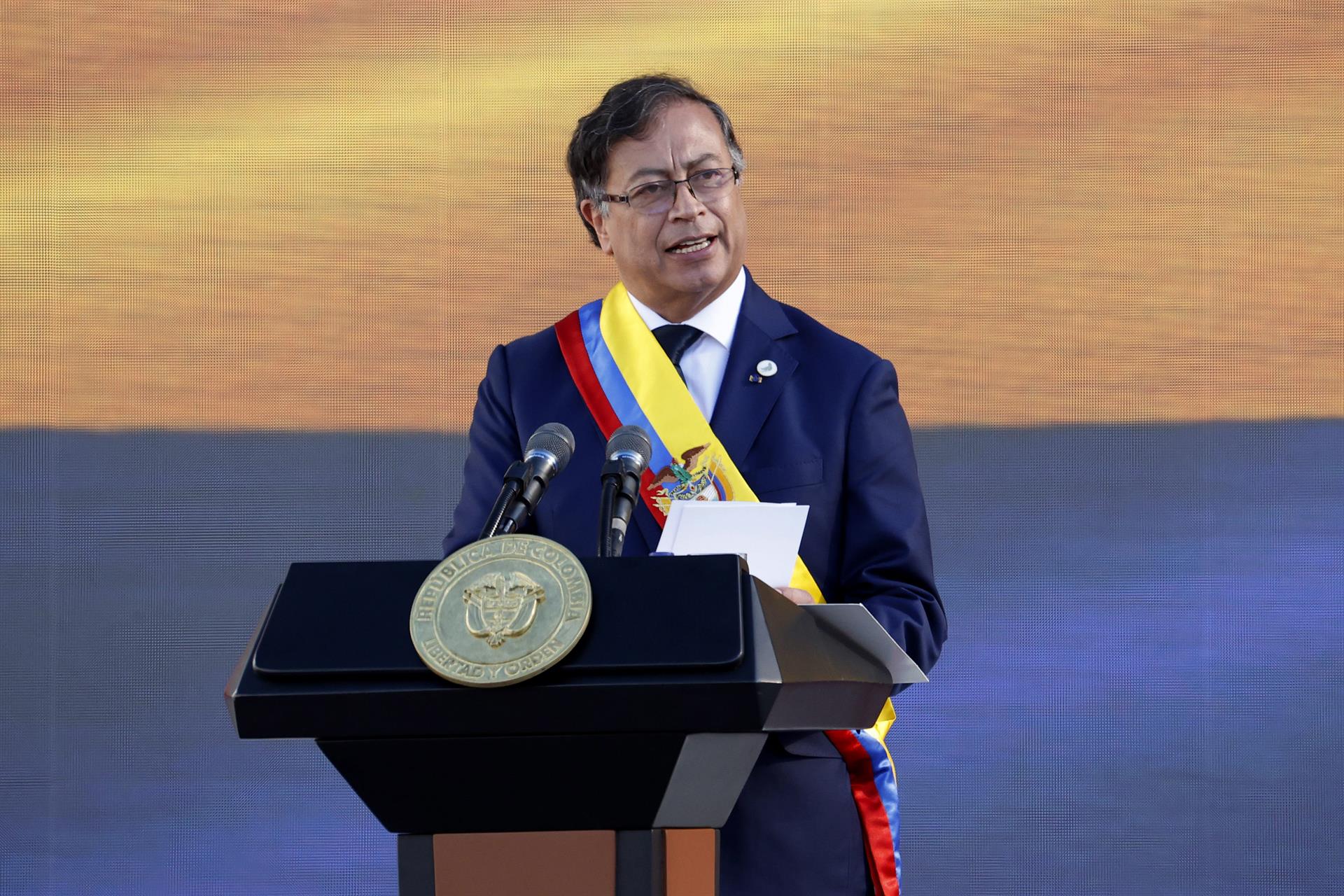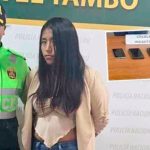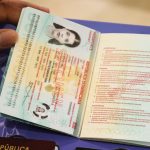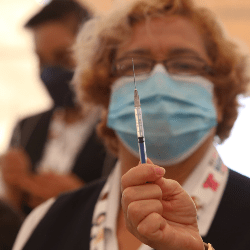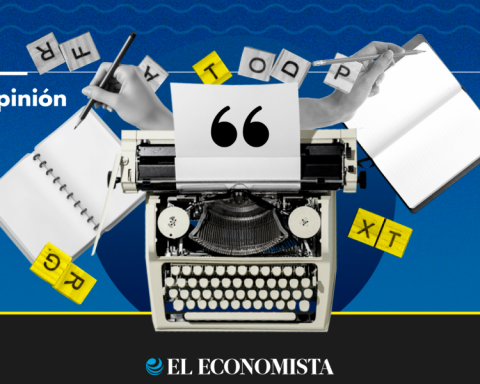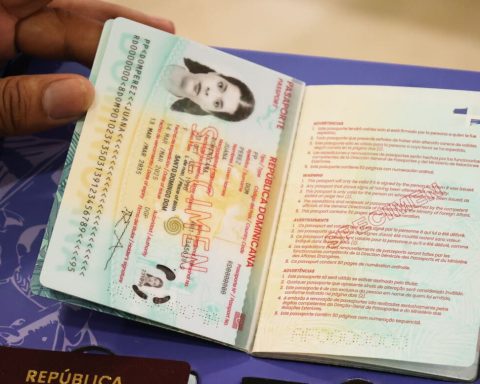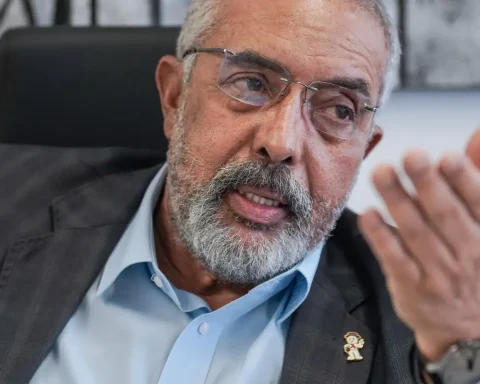When Gustavo Petro was a presidential candidate, he questioned the regime of Daniel Ortega, and approached the Chilean Gabriel Boric to present himself as one of the leaders of the new left in the region. But on Friday, August 12, in its first opportunity from power to condemn the Nicaraguan dictatorship, Colombia was absent from the Organization of American States (OAS), where 27 countries rejected the crackdown against the Catholic Church.
Colombia’s absence from the session was justified informally, alleging that the new government’s ambassador had not yet taken office, unleashing strong criticism in Colombian public opinion through editorials in the newspapers Tiempo and El Espectador.
However, sources linked to the Colombian government revealed that behind the executive’s position was the interest of creating favorable conditions before beginning negotiations with the Daniel Ortega regime on the application of the ruling of the International Court of Justice, a ruling in which Nicaragua was the winner since 2012.
In his first statements as president, Petro indicated the priority that the bilateral relationship with Nicaragua represents for his government, to negotiate the implementation of the Hague ruling in the territorial dispute. On August 22, Petro’s foreign minister, Álvaro Leyva Durán, announced that they were preparing his arguments in the case of Nicaragua’s demand for the delimitation of the continental shelf beyond 200 nautical miles.
According to sources linked to the Government of Colombia, the Foreign Ministry considered that it was not convenient to start this process by supporting a resolution condemning the Government of Ortega and they preferred to absent themselves and let the unofficial version run that they are a new government, without accredited ambassadors.
Criticism multiplied in Colombia and Nicaragua. The former Nicaraguan ambassador to the OAS, Arturo McFields, suggested Petro send a letter requesting that Colombia be added to the list of countries sponsoring the sentence, but the President kept his position unchanged.
Eye @petrogustavo I could rectify this and send a letter to the Permanent Council of the OAS to request, as has happened on other occasions, that they add Colombia to the list of sponsors of the resolution on #Nicaragua and add vote of condemnation @ArturoMcfields @postopinion_en https://t.co/k4YtT3IDwT
– Arturo McFields Yescas (@ArturoMcfields) August 22, 2022
“Things do not look good” for Colombia
Sandra Bordo, professor and researcher at the Universidad de los Andes, publicly confronted the nascent Petro Administration asking in an article published in Infobae whether the absence from the OAS was due to forgetfulness, negligence or simply naivety and a terrible strategy on the part of the Colombian leader.
For Borda it is possible that in “an act of enormous ingenuity, this government and the Foreign Ministry are thinking of making good friends with Ortega with a view to obtaining a better result from the entire mess related to the dispute.”
The internationalist explained that the implementation of the ruling should take place during the Petro government, heir to a political storm in his country, after the ICJ recognized Nicaragua in 2012 about 75,000 square kilometers as an Exclusive Economic Zone.
“And things are not looking good. The government may therefore be trying to prevent a political firestorm like the one that took place thanks to the Court’s decision in 2012 from breaking out. The absence from the OAS session may be an attempt to send a friendly message to Ortega. study the possibility of suspending the process before the Court”, said Borda.
“If this is so, what naivety they are incurring!” added Borda, because “the final oral hearings are about to begin and a very sharp turn would be needed at the last minute so that so late in the process, Managua decided to give his arm to twist”.
“A goodwill gesture that amounts to condoning, or at least looking the other way when discussing the persistent violation of rights taking place in a regime that ceased to be democratic a long time ago, is an unsophisticated negotiating strategy and half puerile”, criticized the internationalist.
“And if the strategy works, it is not impossible for Ortega to decide to exchange a territorial demand for a bit of international legitimacy,” Borda argued, “nor do I think it would be presentable for Colombia to renounce its most intimate convictions in fundamental principles such as the preservation of democracy and respect for rights, in exchange for maintaining uncertainty about the status of the platform”.
A Second Possibility: Ideological Confluence
Other specialists attribute the absence of Colombia to ideological reasons, which put an end to a vote in favor of 13 resolutions criticizing Ortega in the OAS. Mauricio Reyes, professor at the Faculty of Law, Political and Social Sciences at the National University of Colombia, believes that Petro’s decision at the OAS shows an “ideological confluence” between the two politicians.
In addition to his silence at the OAS, Petro appointed a new ambassador, León Freddy Muñóz, who in his first statements celebrated “the winds of change for our country to return to brotherhood in Latin America,” which should be interpreted in the sense expression of his words, according to Reyes.
CONFIDENTIAL requested an interview with the newly appointed Colombian diplomat to talk about the future of diplomatic relations with Nicaragua, but we did not receive a response to the request. “Clearly, in the case of Ortega, there are a series of situations that place him outside of democracy. The Colombian government did not have an option other than condemning this type of situation,” Reyes stressed.
Caldera considers that the ruling is not negotiable
The former Nicaraguan foreign minister, Norman Caldera, during the period 2002 to 2007, affirmed that the Colombian defined his position faster than he expected, while affirming that he does not believe the theory that there was an impasse in the fact that the new ambassador Appointed by the Colombian ruler, he had not taken office, as alleged from the Palacio de Nariño to calm the scandal.
“The Colombian Foreign Ministry is very respectable (I have had to face it) and has first-rate personnel who could perfectly have taken a seat at the meeting and voted properly. The United States has spent long periods without an ambassador in the Permanent Council of the OAS and is not absent from the voting. I fear that the new government of Colombia is an ally of Ortega,” explained Caldera, who considers that the “populist lefts have a one-eyed vision of human rights.”
Caldera said that he does not see any possibility of negotiation on the part of the Nicaraguan representative in The Hague, Dr. Carlos Argüello, whom he describes as a person consistent with the principles of territorial defense throughout his career as a jurist.
“In addition, the work of The Hague is practically in the final phase and the Court is not going to modify its positions unless a treaty appears that modifies the positions of one or the other. In addition, the positions of Sandinismo, including the point of view of General (Humberto) Ortega—founder of the Army and brother of the president—do not give rise to a change,” Caldera stated via email.
For the former Nicaraguan foreign minister, regarding the possibility of a post-sentence negotiation, there is always the more civilized position of a joint care agreement for the protected areas in the coral reef, a United Nations binational project to assist both countries in these environmental areas. , or even joint patrolling to prevent drug trafficking that covers the respective exclusive economic zones that may be the result of goodwill bilateral agreements.
CONFIDENTIAL He wrote to Laura Gil, deputy minister of the Foreign Ministry for multilateral affairs to find out about Colombia’s position, but did not respond to the request either.
Caldera reiterated that Petro’s relationship with Ortega should be applying what the Colombian leader preaches internally in his country about respect for human rights.
Petro supports Cristina Fernandez
While Petro remained silent on the human rights violations and the dismantling of democracy in Nicaragua, on August 24 he expressed his solidarity with Cristina Fernández de Kirchner, vice president of Argentina and representative of populist Peronism, who is being investigated for acts of corruption for the justice of his country.
In a public letter, signed by the Colombian, he aligned himself with Andrés Manuel López Obrador (Mexico), Luis Arce (Bolivia) and the president of Argentina, Alberto Fernández himself. “This persecution is aimed at removing Cristina Fernández de Kirchner from public, political and electoral life, as well as burying the values and ideals that she represents, with the ultimate goal of implementing a neoliberal model,” said the leaders, including Mr. Colombian.
In his first month in office, Petro has sought a reestablishment of diplomatic and political relations with Venezuela, an ally of Ortega, and, in parallel, maintains close communication with President Boric of Chile. The difference, according to Mauricio Reyes, is that the Chilean is a staunch critic of the human rights abuses committed by Ortega.
